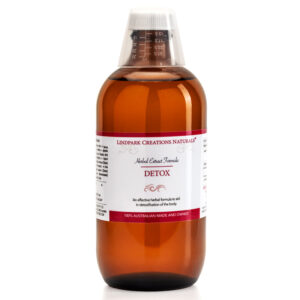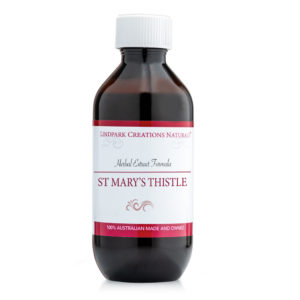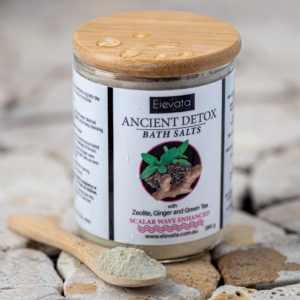Description
Traditional Uses of Liver & Kidney Detox Herbs:
Schisandra chinesis (Schisandra)
Protects the liver especially against chemical liver damage and poor liver function; improves the detoxifying capacity of the liver; improves mental, physical and sensory performance
Silybum marianum (St Mary’s Thistle)
Aids in liver detoxification; supports and protects liver cells; lowers cholesterol; treats depression
Berberis vulgaris (Barberry)
A cholagogue and hepatic stimulant; boosting digestion, acting as a tonic; helpful for gallstones and biliary infections; to debilitated conditions marked by poor digestive function and a history of alcohol abuse, or excessive exposure to drugs, chemicals or industrial pollutants; splenic enlargement
Chionanthus virginicus (Fringe Tree)
A gentle laxative; diuretic; cholagogue; used for all types of liver and gallbladder complaints including inflammation and gallstone gravel
Rumex crispus (Yellow Dock)
A laxative; bitter; hepatic; astringent; tonic; alterative; mostly used in tissue stagnation, flatulence and sluggish digestion
Dioscorea villosa (Wild Yam)
A visceral relaxant and antispasmodic; mild peripheral vasodilator; to functional colitis, colonic spasms; IBS; diverticulitis; cramps and rheumatic inflammatory conditions
Apium graveolens (Celery)
Contains volatile oils (including appal), bergapten, flavonoids (including apiin); increases the elimination of uric acid and other acid through the kidneys; urinary antiseptic; digestive tonic and carminative; for arthritic conditions and gout associated with acidic accumulation and urinary infections or calculi
Taraxacum official (Dandelion Leaf)
An effective and gentle diuretic, having sufficient potassium to make up for any leached out of the body in the diuretic process; hepatic and digestive tonic; for oedema, especially of cardiac origin; for urinary problems in general
Foeniculum vulgare (Fennel)
A carminative to the digestive system; contains volatile oil (including anethol and fenchone), bitters; stimulates the circulation; anti-inflammatory and diuretic; used for colic, cramping, flatulence and other disturbances of the bowel
Glycyrrhiza glabra (Licquorice)
Contains glycoside, triterpenoid saponins, flavonoids, bitter, volatile oil, oestrogenous substances, asparagus, coumarins, tannins; acts on the adrenals as a tonic and anti-inflammatory effects to hydrocortisone; protects the stomach wall and reduces gastric acid secretion; for gastric ulcers and adrenal stress and depression; a systemic anti-inflammatory also useful for respiratory distress.
NB: Avoid in pregnancy and gallstones
A Free Consultation is recommended if symptoms persist – Click Here for a Free Phone Appointment






